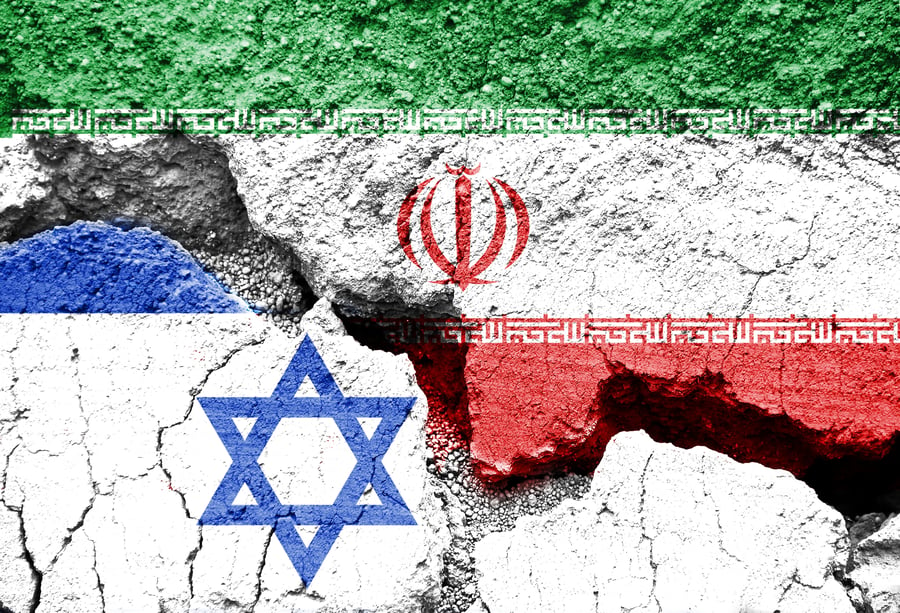
Two dramatic decisions are about to be made in the near future by two regional leaderships. The first is the Iranian leadership. Supreme Leader Ali Khamenei will have to determine how, if at all, Iran will respond to the events in Lebanon, Nasrallah's assassination, and in fact the assassination of Ismail Haniyeh.
He has three options on his desk: a massive attack on Israel, which the Iranians tried and failed in April; a focused and painful revenge attack – something the Iranians have been trying for six months, without success; or strategic patience – one that will try to rebuild the possibility of striking Israel, with Hezbollah rehabilitated.
The second decision is that of the leadership in Israel. More than at any point in time in the past decade, a preemptive strike on Iran's nuclear facilities is on the decision-makers' table. The two large proxies built by Tehran to deter Israel, Hezbollah and Hamas, have been severely beaten. Its ability to respond to an Israeli attack is currently limited; but this can change for the worse. The political timing, during which the White House will find it difficult to veto an Israeli move, is another consideration. The regional shock of the last few week's events only strengthens the position of those who argue that the golden opportunity has arrived.
Can Israel destroy all the centrifuges? The answer is no. Let's assume that the IAF can destroy 40%. Is that enough? In the normal world of October 6, the answer would be no. In our reality, many will argue, and I am guessing that this is being argued by the General Staff, that there is no need for high effectiveness. Last time the issue was considered, someone said something meaningful: You don't have to destroy every capability. It is enough for the price of oil to jump to $200 a barrel for the world to understand. Understand what? That it's no longer our problem.
But there are weighty considerations. An attack on Iran could grant international legitimacy to the regime to advance to the bomb (they are on the way anyway, supporters of the attack will say). It will make the war fully regional. Confronting Iran directly could take years. The Iranians have patience, and Hamas and Hezbollah are weak but still exist and pose a military threat.
There are different technical considerations. There are the Russians, who, according to foreign reports, have the ability to lock in their air defense mechanisms on IAF planes throughout the Middle East, and whether they would to try to shoot them down. Iran's air defense is significant. Iran can respond to American forces, or friendly Arab countries. If the attack is not coordinated with all of these, the consequences could be heavy for Israel.
* Nadav Eyal, Ynet





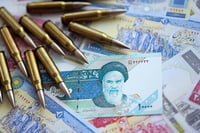
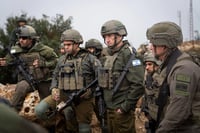




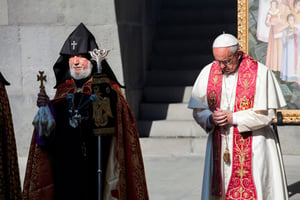






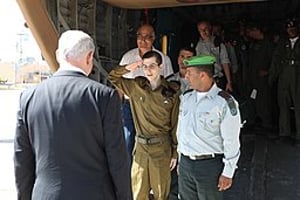
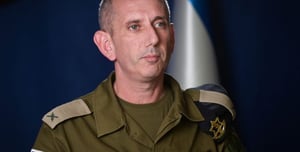




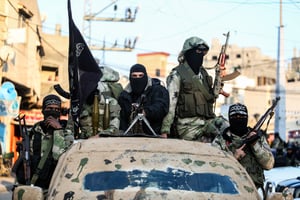
0 Comments